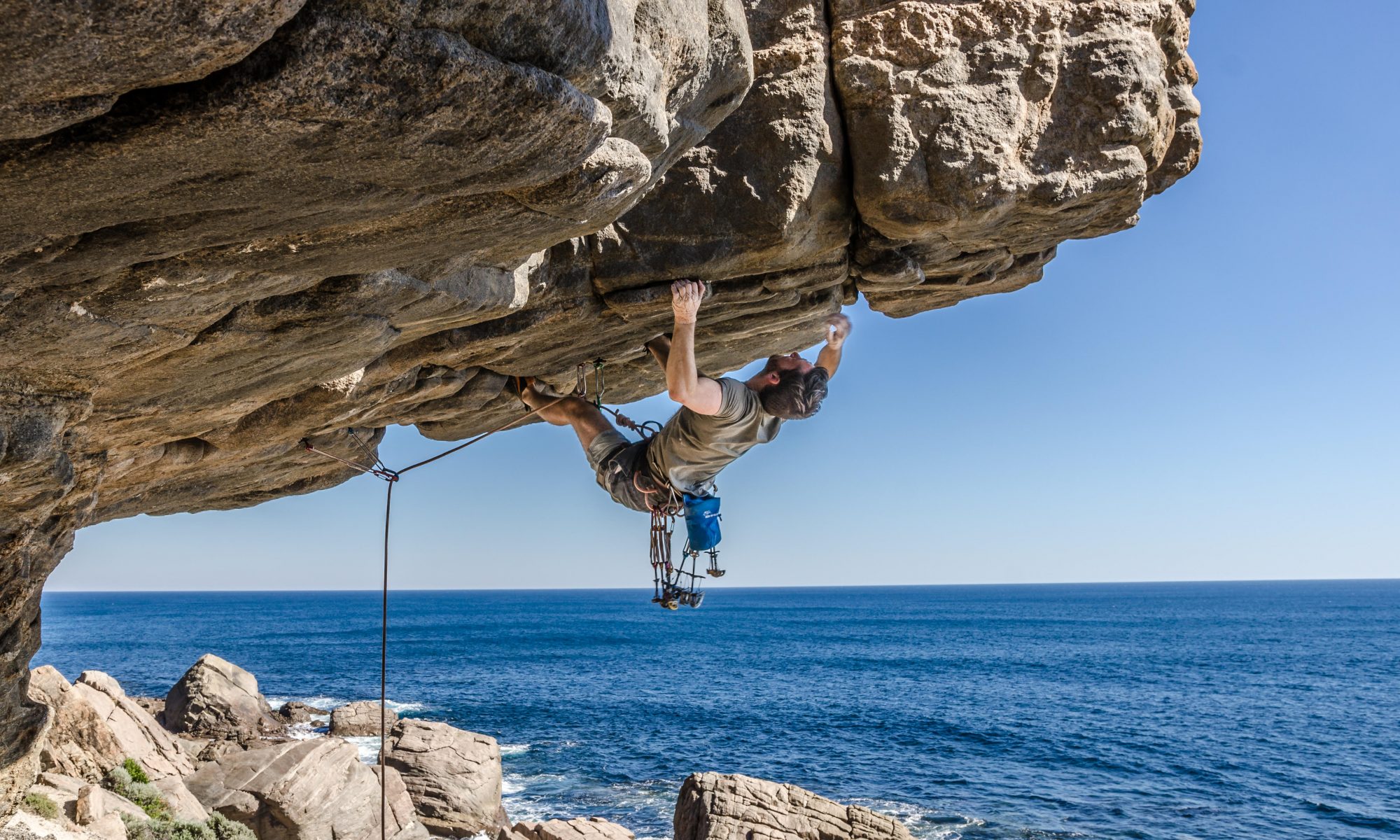Sam is currently available for indoor and outdoor climbing coaching – specialising in movement and psychological skills.
He has climbed for 20+ years, competed internationally for UK Joint Forces, and has an MSc in Sport and Exercise Psychology (as well as a PhD in Geology!)
He holds RCI, summer ML, First Aid, and is training towards WML and MCI.
You can contact Sam directly by email (sam@dynamics-coaching.com) or through Instagram (@sam.dynamicscoaching).
